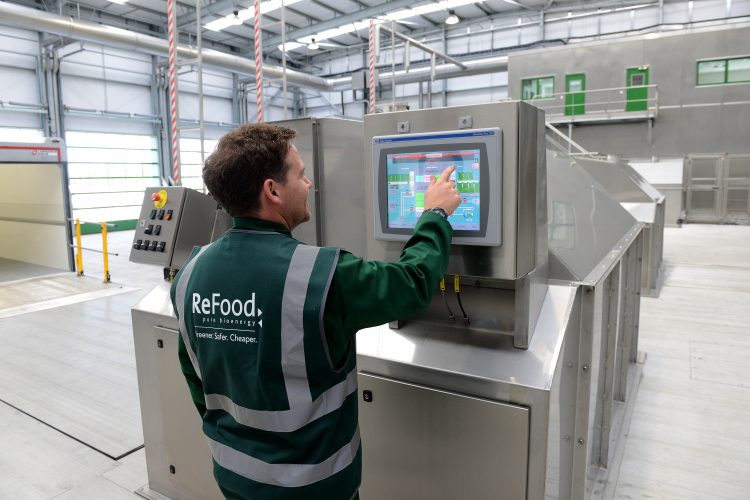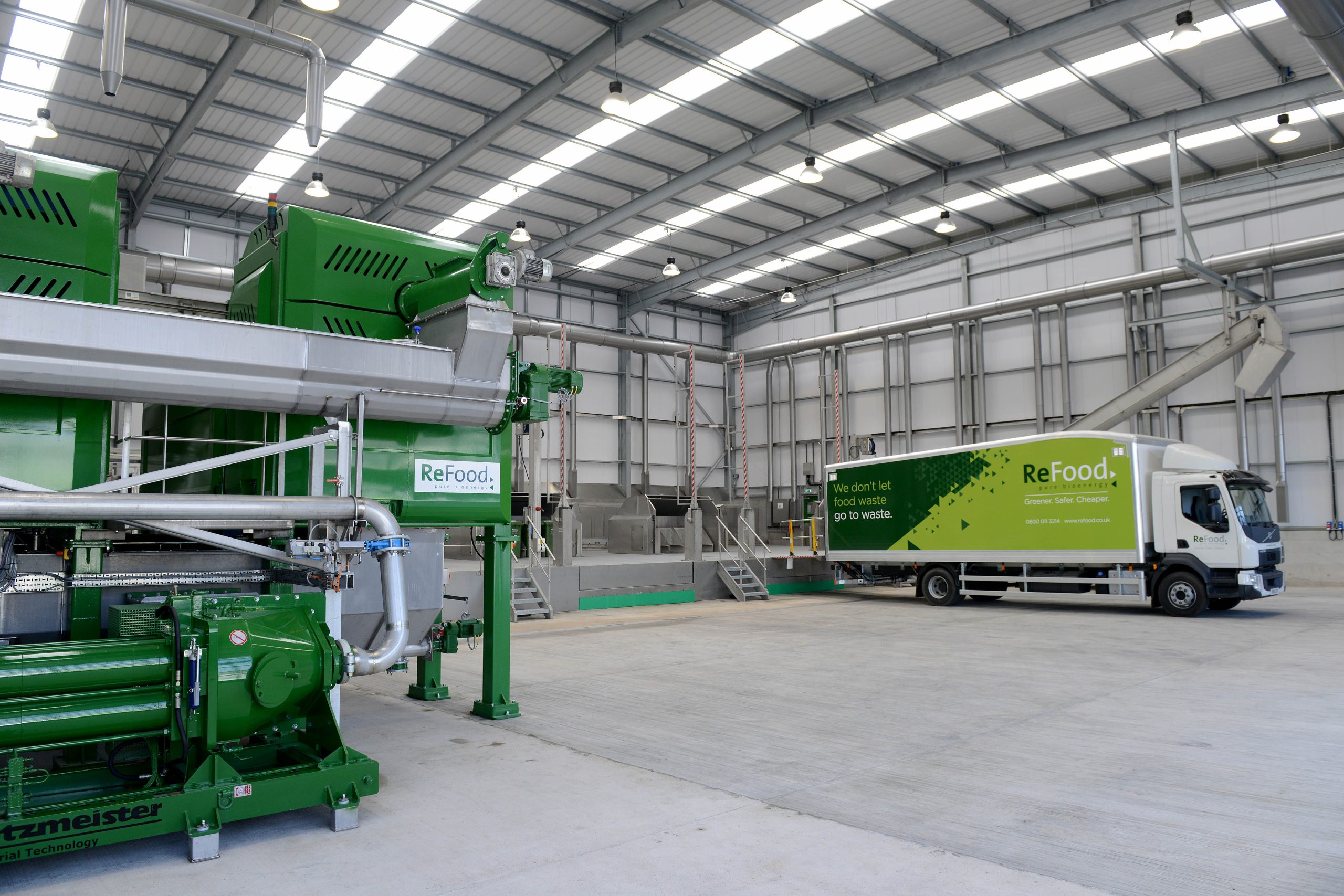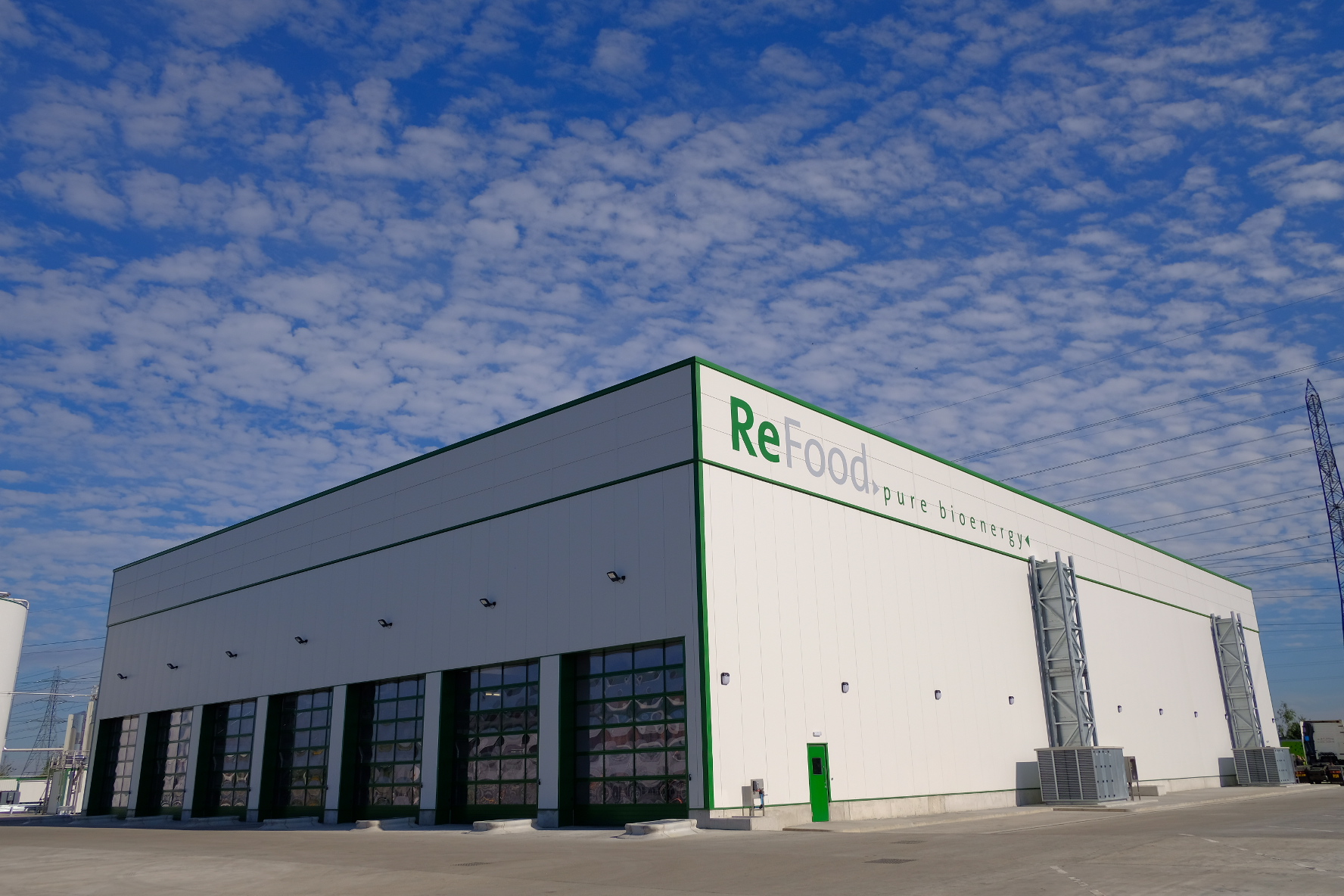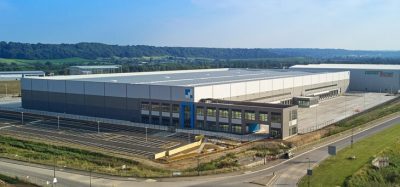Harnessing ‘non-destructive testing’ to fight food waste
- Like
- Digg
- Del
- Tumblr
- VKontakte
- Buffer
- Love This
- Odnoklassniki
- Meneame
- Blogger
- Amazon
- Yahoo Mail
- Gmail
- AOL
- Newsvine
- HackerNews
- Evernote
- MySpace
- Mail.ru
- Viadeo
- Line
- Comments
- Yummly
- SMS
- Viber
- Telegram
- Subscribe
- Skype
- Facebook Messenger
- Kakao
- LiveJournal
- Yammer
- Edgar
- Fintel
- Mix
- Instapaper
- Copy Link
Posted: 11 May 2023 | Philip Simpson | No comments yet
Philip Simpson, Commercial Director at ReFood, discusses the value of non-destructive testing technologies and how they can be harnessed by food manufacturing businesses to reduce avoidable food waste.


According to insight from New Food Waste Horizons, a pioneering insights report exploring the UK’s progress towards achieving zero food waste to landfill, the food manufacturing industry is a key contributor to the UK’s food waste mountain. While food manufacturers typically tolerate only five percent waste within their processes, in the UK alone there are 8,000 producers operating 9,500 production sites – the scale is vast.
Waste can arise from numerous avenues in the manufacturing sector. For example, products not meeting the correct weight requirements, incorrect packaging, new product development, product defects and product contamination. While frustrating from a financial perspective, it’s also important to consider the environmental impacts.
After all, every tonne of food wasted impacts a business’ bottom line – both in terms of lost revenue, as well as the cost of disposal. But the vast majority of food waste is left to rot in landfill, emitting greenhouse gases considered 21 times more damaging to the environment than CO2. In fact, if food waste were a country, it would be the third most polluting country in the world.
While the picture may seem gloomy, the industry is fighting back. Indeed, thanks to widespread innovation and commitment from across the supply chain to curbing food waste, figures are beginning to decrease. One such initiative, which is being used by an increasing number of food manufacturing firms, is the application of non-destructive testing technologies.
Working towards a resource-efficient future
Non-Destructive Testing (NDT) is a process whereby defects can be detected without breaking a product apart. From automotive quality testing and spacecraft casting integrity analysis, to various applications within the defence industry, NDT is a widely-utilised manufacturing technique.
When it comes to the food industry, NDT can provide insight on structural, morphological, physiological, and thermodynamic composition. In addition, it can assess the temperature of a product, analyse if a seal has been broken, or test for freshness by analysing soundwaves (the acoustic approach).
UK wonky waste condiments producer plans international expansion
As a result, food manufacturing businesses can quickly ascertain whether a product, or batch, is in optimum condition – removing the guesswork and minimising unnecessary bulk disposal. From a food waste reduction perspective, it therefore has the potential to further reduce avoidable volumes and ensure customers receive the best products possible.
While the process may seem expensive, time-consuming and complex, NDT is surprisingly cost-effective, rapid, sanitary, and reliable. What’s more, it can be undertaken with minimal human involvement, alleviating the issue of subjectivity. When a tested food product is rejected, it can be disposed of in bulk or extracted individually.


ReFood was founded in 1991 and claims it has become a European market leader in food waste recycling.
By embracing NDT techniques, food manufacturing businesses have yet another opportunity to minimise food waste figures, reduce their environmental impact and save costs. The process can prevent waste from arising in the first place, as well as easily identifying spoiled and damaged goods.
But while identification is half the problem, disposal is the other. Indeed, while achieving zero waste status should be the goal, delivering upon this is not always possible. As such, what should food manufacturing businesses do with waste products? Going further, how can costs be minimised?
Managing the ‘unavoidable fraction’
While not the ‘silver bullet’, at ReFood we believe that food waste recycling is a simple and environmental alternative to traditional waste management solutions. Delivered on an industrial scale, food waste recycling harnesses the anaerobic digestion (AD) process to capture biogas released during the natural degradation of food. This gas can either be combusted to generate renewable electricity or upgraded and injected directly into the gas grid.


ReFood operates three “state-of-the-art” anaerobic digestion (AD) sites in the UK.
The environmental benefits are clear, but what about the financial impact? Well, with no costly landfill tax to pay, businesses can expect to save c.50 percent on waste management costs. What’s more, the whole process is quick and simple to integrate.
As the UK’s leading food waste recycler, ReFood operates three state-of-the-art anaerobic digestion (AD) sites in the UK. Collecting and processing more than 400,000 tonnes of food waste every year, we help businesses nationwide to cut costs, go green and minimise their reliance on landfill.
While electricity and gas generated at our facilities helps to further reduce national reliance on fossil fuels, we also produce a sustainable biofertiliser called ReGrow which is used by local farmers as an alternative to chemical fertilisers. With recycled food used to grow tomorrow’s crops, we essentially close the food supply chain – a simple and circular solution.
No ’one-size-fits-all’ solution
According to insight from the Food and Drink Federation (FDF), the food manufacturing industry is set to experience continued growth. Indeed, the sector contributed £28 billion to the economy in 2020 alone, growing 2.3 percent year-on-year. The food manufacturing industry has been growing for well over a decade and further expansion is predicted.
However, with this growth will come the uninvited consequence of food waste. The sector’s challenge, therefore, is to continue innovating – there isn’t a one-size-fits-all solution to food waste, it takes numerous initiatives and an ongoing focus.
NDT is yet another option to consider, which will prove hugely valuable to many businesses. This said, reduction is an ongoing process and there is no single solution. For the unavoidable fraction, food waste recycling should be seen as a cost-effective and sustainable alternative – it should be a key waste management consideration for any food manufacturer.
About the author


Philip Simpson heads SARIA’s food waste recycling and petfood divisions. The recycling division includes ReFood. Prior to joining in 2002, Philip was responsible for the supply chain management of Europe’s largest biomass power plant operators, sourcing over 750,000 tonnes of agricultural and food residues for renewable power generation.
He has almost 20 years’ experience in the renewable power sector, developing innovative applications for turning food industry residues into renewable energy and bio-fuels. Philip has a wealth of management experience in the UK and overseas, graduated in Business and Finance, and holds an MBA from the Open University.









